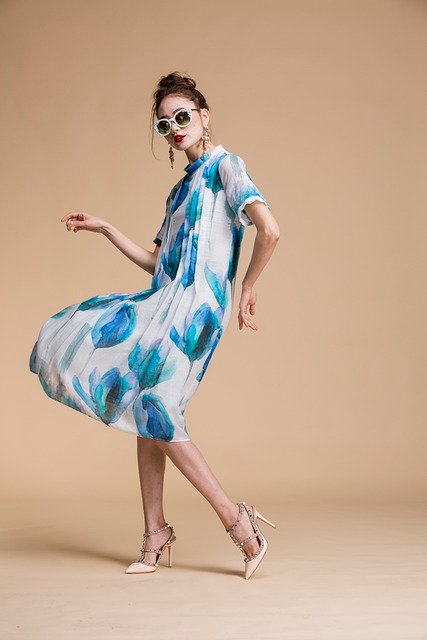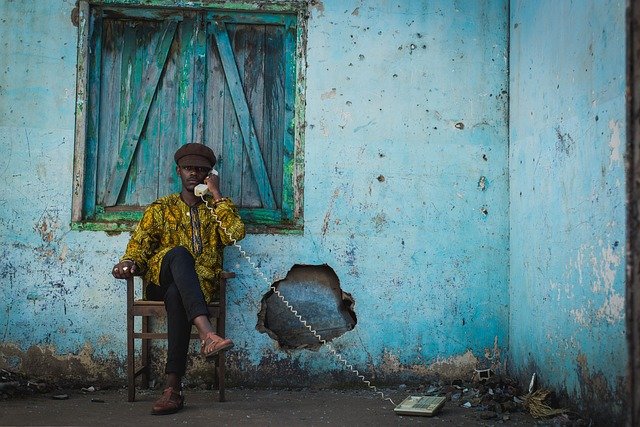**Title: "Sustainable Fashion: How to Build an

Sustainable Fashion: How to Build an Eco-Friendly Wardrobe
In recent years, the fashion industry has come under scrutiny for its environmental impact. As consumers become more aware of the consequences of fast fashion, the demand for sustainable fashion is on the rise. Building an eco-friendly wardrobe is not only beneficial for the planet but also promotes ethical practices in the fashion industry. Here’s how you can create a sustainable wardrobe that reflects your values.
1. Understand Sustainable Fashion
Sustainable fashion refers to clothing that is designed, manufactured, distributed, and used in ways that are environmentally friendly and socially responsible. This includes using organic materials, reducing waste, and ensuring fair labor practices.
2. Assess Your Current Wardrobe
Before you start building a sustainable wardrobe, take stock of what you already have.
- Declutter: Go through your clothes and identify items you no longer wear or need.
- Donate or Recycle: Consider donating gently used items or recycling those that are beyond repair.
3. Choose Quality Over Quantity
Investing in high-quality pieces that are durable and timeless is key to sustainable fashion.
- Fabric Matters: Look for natural fibers like organic cotton, linen, and Tencel, which have a lower environmental impact.
- Classic Styles: Opt for versatile pieces that can be mixed and matched, reducing the need for excessive shopping.
4. Support Ethical Brands
When shopping for new clothes, choose brands that prioritize sustainability and ethical practices.
- Research: Look for brands that are transparent about their supply chain and use eco-friendly materials.
- Certifications: Seek out certifications like Fair Trade, GOTS (Global Organic Textile Standard), or B Corp to ensure ethical practices.
5. Embrace Second-Hand Shopping
Thrifting and shopping at vintage stores are excellent ways to find unique pieces while reducing waste.
- Local Thrift Stores: Explore your local thrift shops for hidden gems.
- Online Platforms: Websites like Poshmark, Depop, and ThredUp offer a wide range of second-hand clothing.
6. Care for Your Clothes
Proper care can extend the life of your garments and reduce the need for replacements.
- Washing: Wash clothes in cold water and air dry when possible to save energy.
- Repair: Learn basic sewing skills to mend small holes or tears instead of discarding items.
7. Practice Mindful Shopping
Before making a purchase, consider whether you truly need the item.
- The 30-Day Rule: If you’re unsure about a purchase, wait 30 days to see if you still want it.
- Capsule Wardrobe: Consider creating a capsule wardrobe with a limited number of versatile pieces.
8. Get Creative with Upcycling
Give new life to old clothes through upcycling.
- DIY Projects: Transform old garments into new styles or accessories.
- Swap Parties: Organize clothing swaps with friends to refresh your wardrobe without spending money.
Conclusion
Building a sustainable wardrobe is a journey that requires mindfulness and commitment. By making conscious choices about what you wear, you can contribute to a more sustainable fashion industry and help protect our planet for future generations. Remember, every small step counts!
Join the Movement!
Are you ready to make the switch to sustainable fashion? Share your journey and tips in the comments below! 🌿✨

All images are taken from the Pixabay.com
Upvoted! Thank you for supporting witness @jswit.